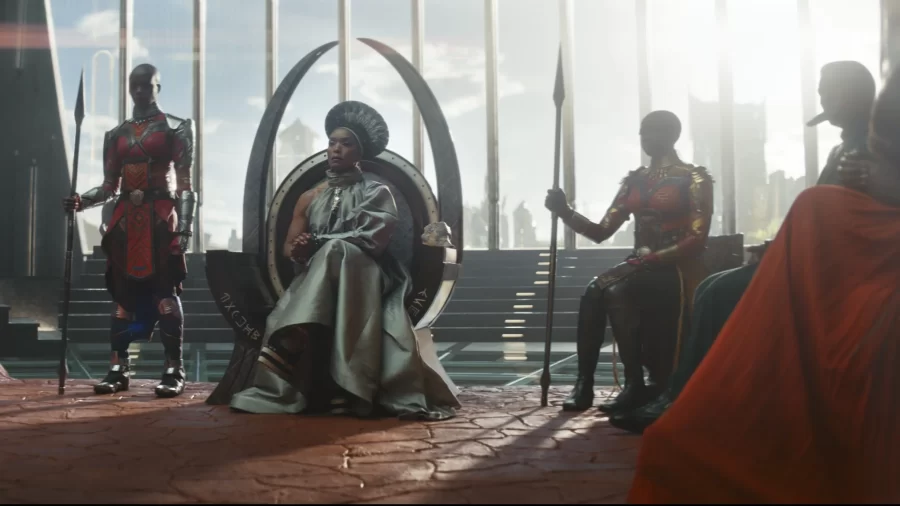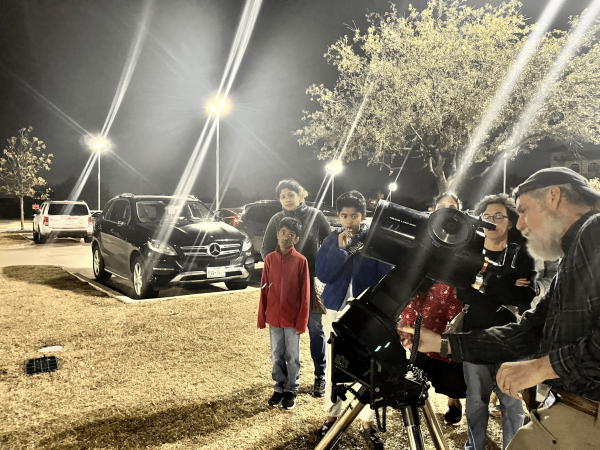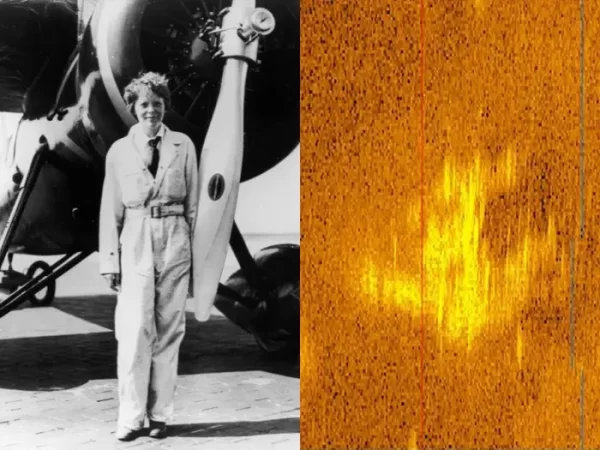Review: ‘Black Panther: Wakanda Forever’
I still vividly remember being paralyzed when the news broke that Chadwick Boseman had died in his secret battle with colon cancer in August 2020, at the age of 43.
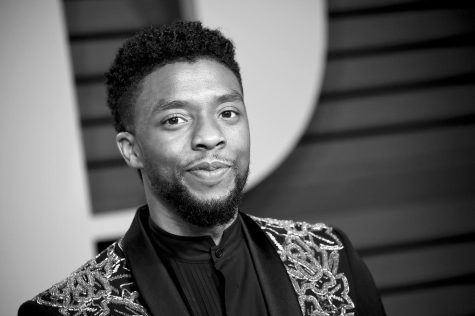
As a film actor, Boseman inspired millions of people by portraying a plethora of historical figures such as Jackie Robinson, James Brown, and Thurgood Marshall, but none of his roles were as iconic and beloved as his performance as T’Challa in the 2018 Marvel Cinematic Universe (MCU) film “Black Panther”.
T’Challa was known as Black Panther and was the king and protector of a fictionary African nation called Wakanda.
“Black Panther” made history, as it was the first majority Black film to make over $1 billion, and the first superhero film to receive several Oscar nominations, including Best Picture.
“Black Panther: Wakanda Forever”, the sequel to this iconic movie, has been released.
The film was written and directed by Ryan Coogler, who previously directed “Fruitvale Station”, ”Creed”, and the first “Black Panther”. Coogler had the job of honoring Boseman’s legacy while also creating a compelling story
The script had already been completed when Boseman passed away, and T’Challa was intended to be the main character once again. Coogler, Marvel Studios president, Kevin Feige, and the rest of the creative team chose not to move forward with a new actor in the role and instead focused the movie on the supporting cast.
Many believed T’Challa should have been recast to honor Boseman’s legacy, resulting in the online ‘Recast T’Challa’ movement. However, the creators already made their decision.
I personally believe that recasting the character would have been the better decision, but in spite of this, the filmmakers did their best to create something positive despite Boseman’s passing.
In a franchise where millions of people across the universe can die in an instant, the film explores how painful death can be, and the difficulty of moving forward.
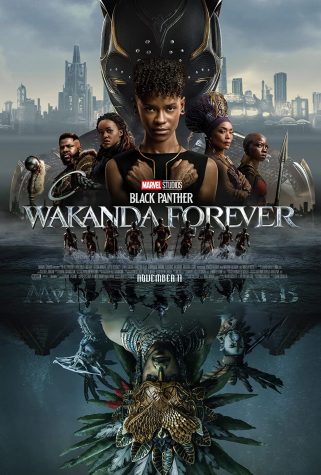
The portrayal of grief is masterfully captured by actors such as Lupita N’yongo, Winston Duke, and the film’s lead, Letitia Wright as T’challa’s younger sister, Shuri.
Veteran actress Angela Bassett’s performance is especially moving. Portraying Queen Romanda, T’challa’s mother, her monologues are fierce and emotional, and her expressions are tragic and powerful. Many have suggested that she should receive an Oscar nomination, and I wholeheartedly agree with this.
Though the more mature and artistic elements are well done, the action throughout the film is rather dull and underwhelming with little emotional investment.
The film follows the nation of Wakanda, reeling from the death of T’challa, forced to confront the consequences of the choices he made in the previous movie. They are threatened by the other nations of the world, most notably, the mythical underwater nation called Talocan.
Among the first film’s greatest strengths was how well crafted Wakanda is, the same is true of Talocan, which draws from Mezoamerican mythology and culture which is beautifully done.
The threat of Talocan is spearheaded by a character called Namor, played by Mexican actor Tenoch Huerta, who does a brilliant job as the film’s main villain.
Namor first appeared in comics in 1939, making him one of Marvel’s first-ever characters, and he has finally been adapted to the big screen. Originally, he was from the classical underwater city of Atlantis, but the filmmakers altered his origin to differentiate it from other blockbuster films such as DC’s Aquaman (2018).
Namor’s motivations are complex and compelling, but he does not develop enough to live up to his potential, especially compared to the first film’s villain Erik Kilmonger.
The plot is also weakened by its length. The runtime is 2 hours and 43 minutes, but the film is sluggishly paced at numerous points which makes it difficult to stay engaged. I think if 15 to 20 minutes of the movie were cut out, it would be more entertaining.
Part of the appeal of the MCU is that there are connections between each and every project.
However, for “Black Panther: Wakanda Forever”, these crossover elements were poorly integrated, and it dragged down the movie’s quality. I think it would have been best if they were shortened or removed altogether.
Despite these problems, the plot is full of intriguing international conflict. Watching the characters confront these issues was compelling.
Regardless, the film’s crowning achievement was paying homage to the death of Chadwick Boseman through the emotional journey of its new protagonist: Letitia Wright as Shuri.
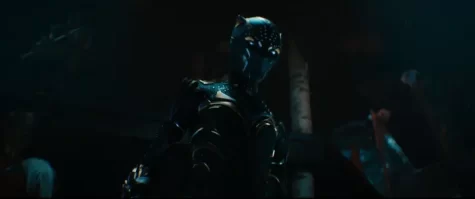
Adopting the role as the new Black Panther, Wright allowed her real grief to shed through into the character.
This was the most difficult element the film had to accomplish,in some cases needing improvement transitioning through plot points. Regardless, the movie was almost always respectful and heartfelt.
In spite of its numerous flaws “Black Panther: Wakanda Forever” was able to portray very real situations through a fictional setting. It had the power to speak to millions of people on an emotional level and help them move forward from the loss of people they knew and looked up to.
This film will not be as successful as its predecessor. It will not make as much money, win as many awards, or be as culturally relevant. But, it does something even greater, It honors the legacy of Chadwick Boseman, while also portraying the journey of grief that the supporting characters endure.

